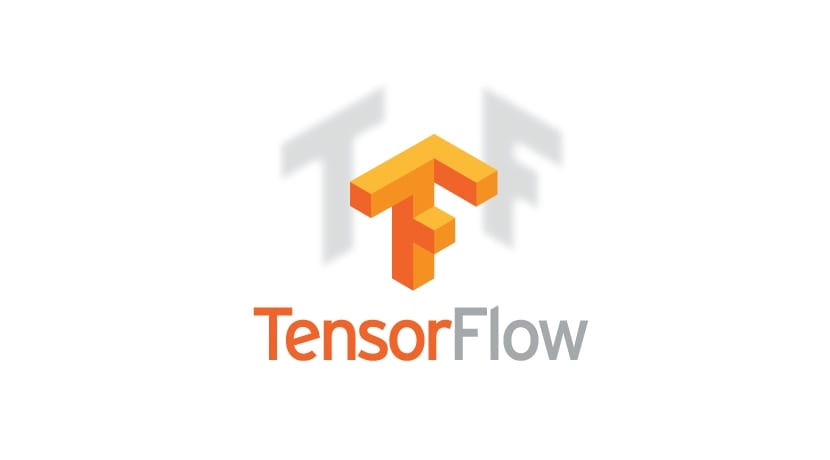
TensorFlow is an open source machine learning library for numerical computing used in data flow graphs. It is developed by Google (specifically by the Google Brain team), released under the Apache 2.0 license and written in C ++ and Python in such a way that it can work on various platforms: Linux, Windows and Mac. It is not a project that is too well known to most of mortals who are not involved in this field, but the truth is that it is quite interesting.
The objective of the project is to build and train neural networks to create an AI capable of detecting and deciphering patterns and correlations, learning and reasoning. It is currently used in some projects, although basically what it is used for most is research. Initially it was only used internally at the search engine company, but was later published openly in November 2015 as it was generic enough to be used in other areas. In February 2017 it reached version 1.0 and continues its rapid development with contributions from both Google and the community that also contributes. TensorFlow can be run by GPU and CPU, even also in mobile and integrated (embedded) platforms, even by tensor or TPU processing units, that is, specific hardware for mathematical operations of this type.
In addition, for developers of TensorFlow-based applications, there is a API high-level that together with computer graphics allow a friendly and flexible environment to develop powerful capabilities within your production framework. So I hope that the almost 1000 external collaborators who work with the code as well as the internal ones can continue developing this interesting project that does not serve us for the majority of common users, but that in an indirect way could benefit us ...